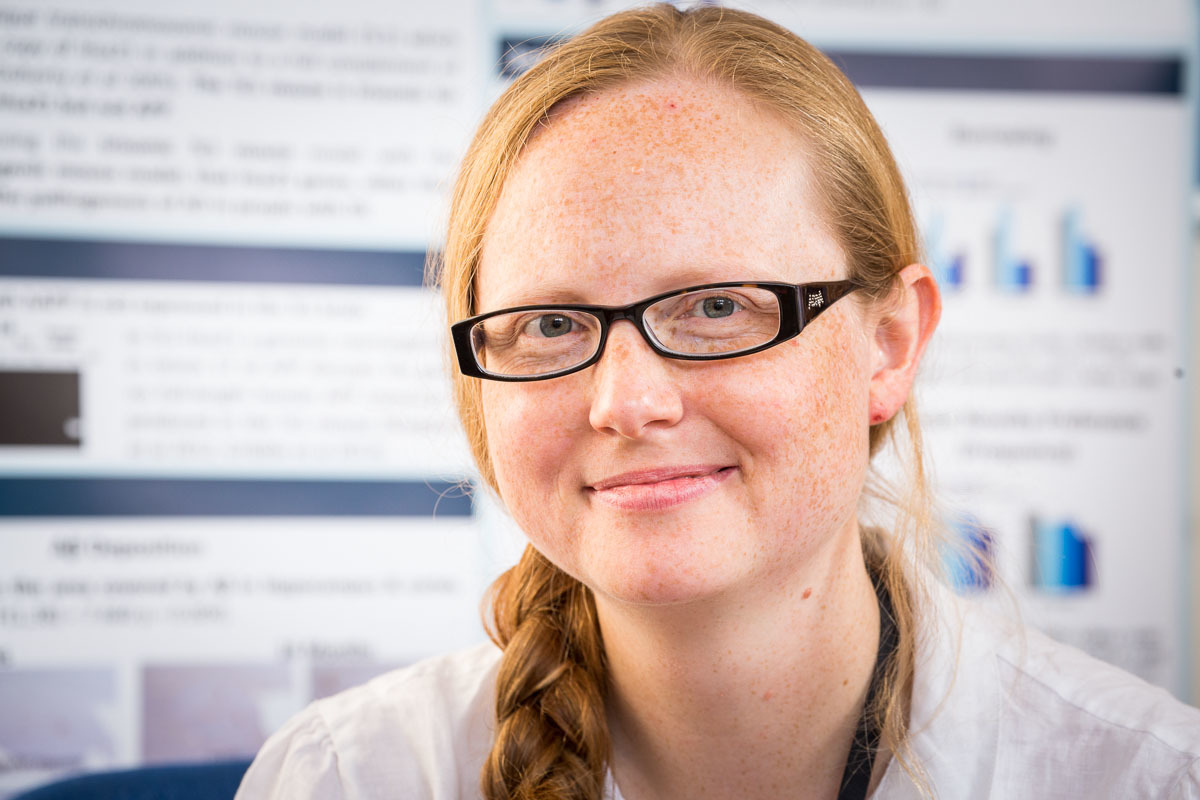What is the link between Down syndrome and epilepsy?
In people who have Down syndrome, the development of dementia often co-occurs with the development of late onset myoclonic epilepsy. It is estimated that between five and eight people out of every ten who have Down syndrome experience seizures when they develop Alzheimer’s disease.
Research suggests that people with Down syndrome and dementia who develop epilepsy experience a faster decline in their ability to think and remember, compared with people who don’t have epilepsy. It is not yet known why people with Down syndrome have seizures so frequently when they develop dementia, and many research groups are trying to understand this – including my own.
What causes Down syndrome?
Down syndrome is caused by an extra copy of chromosome 21. Our chromosomes carry the genes that form the instructions to make up our cells and bodies. Humans have 23 pairs of chromosomes, one of each pair is inherited from your mother and one from your father. People with Down syndrome have 3 copies of chromosome 21 and all the genes that this chromosome carries. These extra instructions (genes) cause changes to the way people with Down’s syndrome develop and how their cells and bodies work.
How is your project investigating the increased risk of seizures in people with Down syndrome?
My group use experimental models of Down syndrome that have an extra copy, or partial extra copy, of chromosome 21. We use these models to work out which genes on chromosome 21 cause the increased risk of dementia and how the function of cells and the brain is changed by these extra genes. We are particularly interested in how cells in the brain that have an extra copy of chromosome 21 respond differently to amyloid protein build-up (which causes Alzheimer’s disease) compared with cells that have the typical two copies of the chromosome. We suspect that these differences cause the increased risk of seizures in people with Down syndrome when they develop dementia.
We recently tested if one small section of the chromosome was able to change the risk of seizures in our experimental model system. We found that this region was not responsible for a change in the risk of seizures and published this work in a recent scientific paper. We continue to look for the combination of genes that cause the increased risk of dementia-associated seizures in people who have Down syndrome. We have recently focused on studying how differences in the immune system affect the development of Alzheimer’s disease in people who have Down syndrome (find out more here and here). We are keen to determine if these differences contribute to the high occurrence of seizures experienced by people who have Down syndrome when they develop Alzheimer’s disease.
Find out more about Dr Frances Wiseman's research by visiting her UK DRI profile.
Source: Epilepsy Research Institute
Article published: 21 March 2024
Banner image: Shutterstock/Vetre



